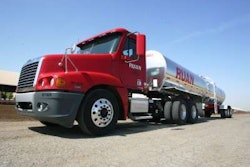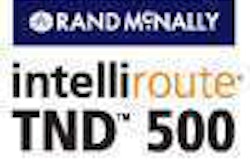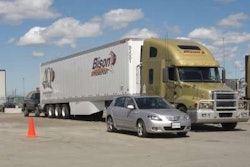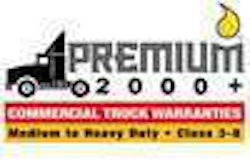The Ports of Los Angeles and Long Beach on Friday, Sept. 11, announced they are considering eliminating a requirement that obligates most importers and exporters to claim and prepay a Clean Trucks Program fee. The ports say the move would eliminate an unnecessary bureaucratic step.
The Clean Trucks Program currently requires all cargo owners — importers and exporters alike — to claim and prepay a Clean Trucks Fee that is used to help finance new, less polluting trucks. The prepaid fee then is refunded to importers and exporters after their cargo is moved by clean trucks or on-dock trains. The ports only keep the fee from those who use the older, polluting trucks.
Under the proposal, only importers and exporters using older, more polluting trucks to move cargo would have to claim their containers and pay the Clean Trucks Fee. While the Clean Trucks Program prepayment did not involve additional direct fees, cargo owners have reported the requirement resulted in extra costs and onerous administrative burdens.
The Long Beach Board of Harbor Commissioners today, September 14, voted preliminarily to eliminate the requirement, and the decision is expected to win final board approval in the coming weeks. “This action by the Board of Harbor Commissioners underscores the port’s responsiveness to industry concerns,” says Commission President Nick Sramek. “The Clean Trucks Program is on track to realize its environmental goal, and today we also made it easier for importers and exporters to move cargo through Long Beach.”
The recommendation is a response to suggestions from cargo owners who said the prepayment unnecessarily complicates the ports’ Clean Trucks Program, which is aimed at replacing older, dirtier vehicles with clean trucks to reduce air pollution by 80 percent by 2012. If approved, the new rule is targeted to take effect on Nov. 1.
The Clean Trucks Program is cleaning the air far ahead of schedule, according to the ports. According to the Port of Long Beach, 85 percent of all containers moved there are carried by clean trucks or on-dock trains. The Port of Los Angeles says that in August, more than 66 percent of cargo moved there was made by trucks that meet 2007 emissions standards.
“This tentative agreement is the result of both the Ports of Los Angeles and Long Beach listening to and working with the large percentage of cargo owners who are adhering to the Clean Trucks Program,” says Dr. Geraldine Knatz, executive director of the Port of Los Angeles. “It eliminates a bureaucratic step without slowing down the significant progress we’ve made cleaning the air with this program.”












